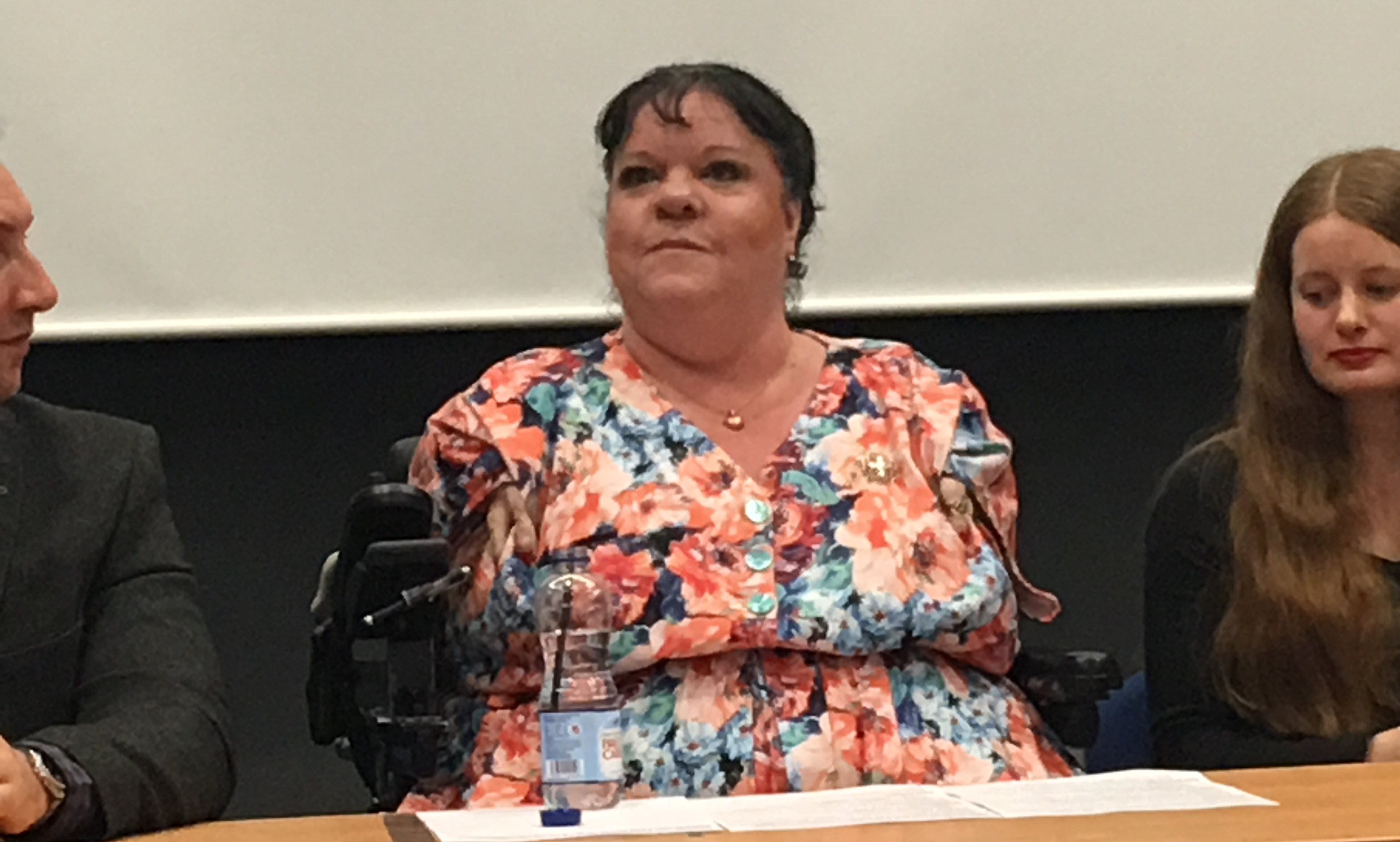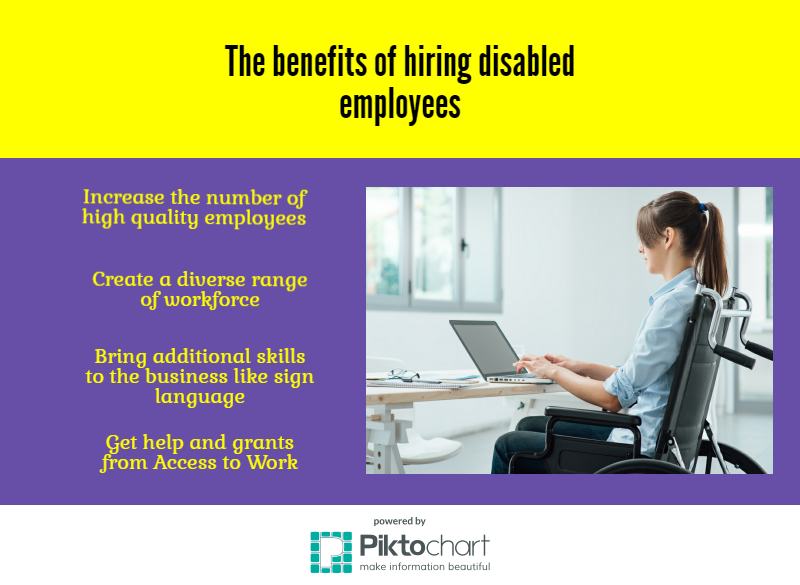On the eve of Zero Discrimination Day, disabled professionals around Cardiff talk about life after university for those with special needs and encourage taking up alternate careers.
Various disabled and dyslexic professionals speak about being accepted in the workforce with dignity and equality during the Leaders with Disabilities talk held earlier this week in Cardiff.
Special needs’ graduates from Cardiff talk about their life experiences, obstacles and challenges, and work opportunities for the disabled at a panel event hosted by Cardiff University.

“You are a person first. It’s the image that disables you,” says Rosaleen Moriaty-Simmonds, Cardiff University’s first disabled student. “Work is there and it exists. Make sure you are able to access it.”
Born disabled, Rosaleen has four fingers growing out of her shoulders and thirteen toes. Today she is an artist, an author, a businesswoman and a motivational speaker.
“People did not want to give me a job. I had written about 250 job applications and I received a response from about three to four companies,” said Rosaleen who ended up telling people that she was willing to work for free and that they could hire her if they like her work.
She got her first break then and continued working for several other companies until she founded her own business.
Nearly seven million people of a working age across UK are disabled or have a working condition says a UK Government website. There has always been a huge gap between the proportion of employed disabled and non-disabled.

Sophie Bailey, a dyslexic audit associate at KPMG says, “While I was applying for jobs, I received a call one day from KPMG asking how they could help me. Later, they took a note of all my requirements and made sure I was comfortable at work.”
Being a dyslexic, Sophie takes 25% extra time to process a task compared to others. This, however, was managed with her hours at work where she could work extra and meet deadlines when she needed to.
“The attitude towards hiring the disabled is changing,” says a spokesperson from Go Wales, a student career centre. “The disabled can bring new skills like understanding sign language to their organisation and companies can now get grants from Access to Work to fund minor adjustments for them at the workplace.”

.embed-container { position: relative; padding-bottom: 56.25%; height: 0; overflow: hidden; max-width: 100%; } .embed-container iframe, .embed-container object, .embed-container embed { position: absolute; top: 0; left: 0; width: 100%; height: 100%; }
Victoria Minshall-Jones, who suffers from an anxiety disorder says that employees like to hire them because they are serious with their work. Since they get work with difficulty, the disabled are always grateful for being employed and, hence, more loyal towards their organisations.
“I was asked what kind of support I would require during my assessment itself,” says Victoria, Head of Legislations, Transport at the Welsh Government. “I told them that I will come in when I can and leave when I have to but I will make sure my work does not suffer and they were okay with it.”
Celebrating the day of Zero Discrimination, the government has reinforced the law of treating everyone equally.
According to law, employers cannot discriminate between candidates during recruitment or pay them lower because of their disability.
“Since I suffer from an anxiety disorder, I feel safer at work than at home,” says Victoria. “I don’t feel disabled. I am just differently abled.”

